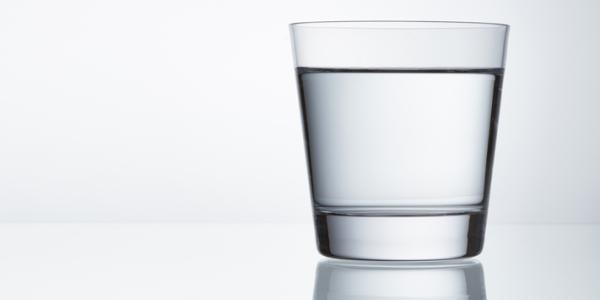
Water is good for you.
Water is really good for you. As a consumer, we have many varieties of bottled waters to choose from: “natural” spring water, water with vitamins or with minerals, flavored waters with natural fruit essence, added carbonation and alkaline. The bottled water industry has grown every year since 1977, topping out at $20 billion in annual revenue.
Health conscious people are looking for products to be more functional and provide more benefits. Alkaline water is said to make you healthier and more hydrated and provide numerous other health benefits. The most shared health claim among alkaline water manufacturers is the promise to detoxify the body and fight against the acidity of the Western diet. This is based on the belief that acidic properties in the body and blood are the cause of ill health and disease and needs to be neutralized.
Skip
What is alkaline water?
The pH scale ranges from 0 to 14, and is based around the hydrogen ion concentration of pure water, which is neutral—a pH of 7. A pH below 7 is considered acidic and above a 7 pH is referred to as basic. Alkaline water typically has a pH of 8 or 9. Water always contains some amount of dissolved solids (inorganic salts like calcium, magnesium, potassium) but the higher the total dissolved solids, the more alkaline the water tends to be. Some waters are naturally alkaline (hard water has more calcium and magnesium compared with soft water and therefore a higher pH level). A water ionizer creates alkaline water by running the water over positive and negative electrodes. Some water filters add alkalizing minerals and water that reverse osmosis. Adding baking soda to water can make it more alkaline.
Can you “optimize” the body’s alkalinity?
A wide range of pH values, from highly acidic to moderately alkaline can be found in different parts of the body. Gastric (stomach) fluids are highly acidic because they break down foods and limit the growth of unwanted microbes. Once the stomach contents enter the small intestine, they are made alkaline by digestive juices from the pancreas.
The pH of human blood is strictly maintained since the results of blood pH changes are life-threatening. The kidneys are primarily responsible for keeping your blood pH level between 7.35 and 7.45. Food or beverages you consume do not change blood pH. A change in blood pH can occur with severe infection or respiratory failure (both life-threatening conditions) and immediate hospitalization and treatment is vital to correct the blood pH with intravenous infusion of solutions and other medical treatments. Drinking alkaline water in this case is like fighting a forest fire with a garden hose.
Alkaline water and Cancer
With regard to cancer, a review of 252 literature papers to evaluate evidence for even a causal relationship between dietary acid/alkaline and alkaline water was conducted and reported in the British Medical Journal. There is almost no actual research to either support or disprove the idea that an alkaline diet and alkaline water plays any role in cancer prevention or treatment.
Take home message
When you hear many health and wellness claims it can be quite frustrating if you feel you need to spend more money to stay healthy. Good nutrition is not as complicated as many reports make you feel. Plain tap water works fine for hydration. We know that simple eating recommendations can make a difference in your health: Enjoy a wide variety of vegetables, fruits, whole grains and beans; Limit consumption of red and processed meats; Enjoy alcohol in moderation, if at all.
If you drink alkaline water because it makes you feel good or you like the taste of it, then you may drink more water and stay better hydrated. That is the only “magic” in alkaline water (but is also true of any form of water you choose).
Written by
Charis W. Spielman, MPH, RD, CSO, CNSC
Certified Specialist in Oncology Nutrition

